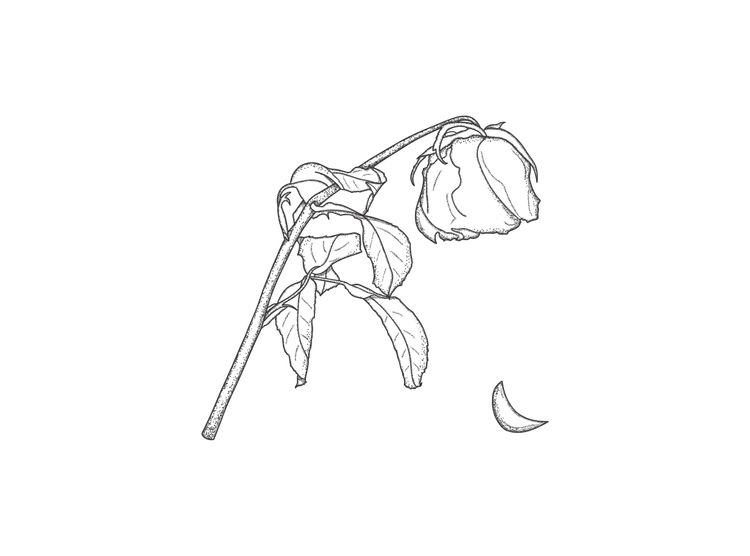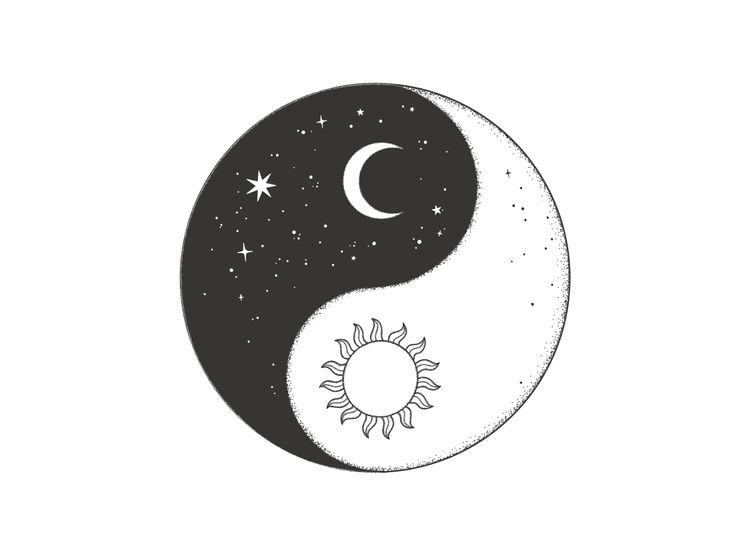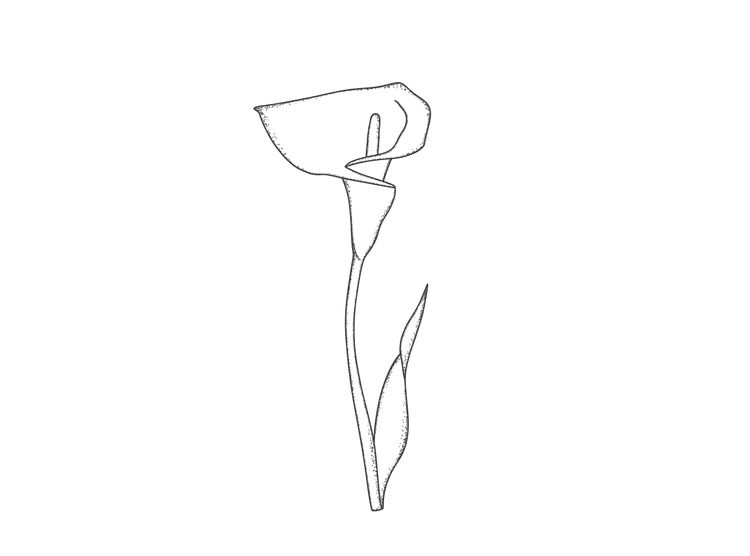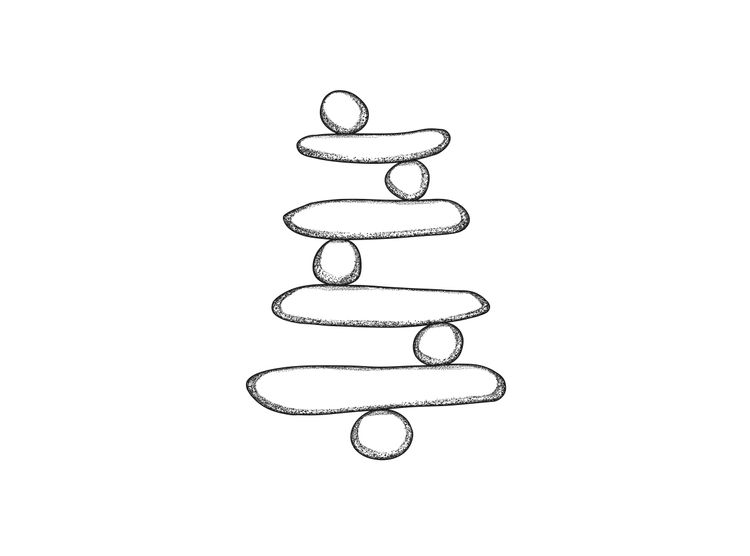Ground
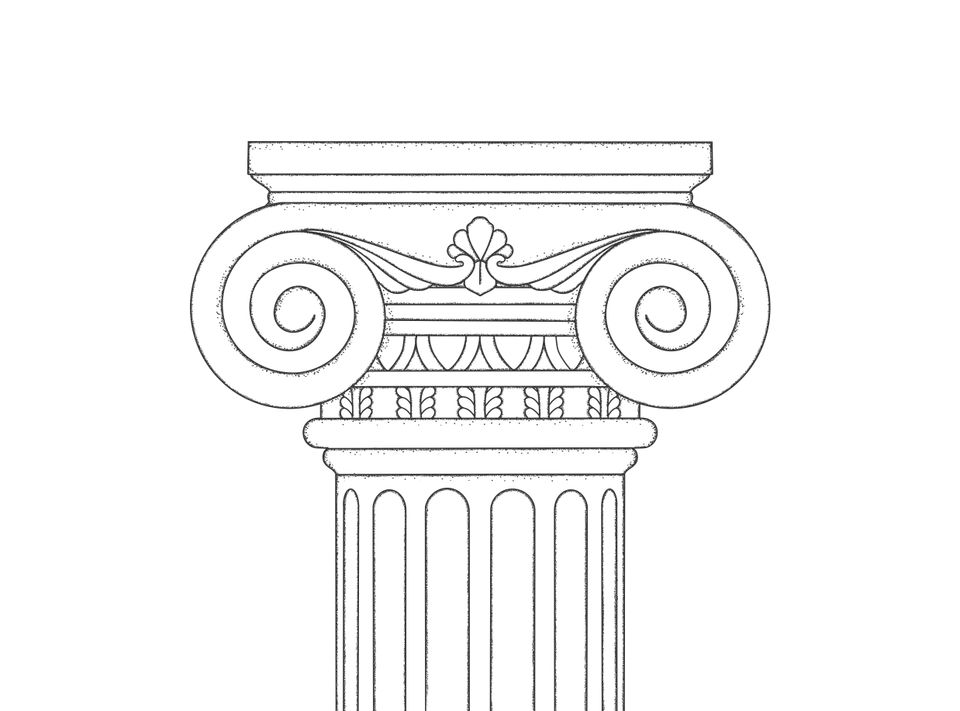
Whether soft, hard, rough, smooth, supportive or treacherous, we are always standing on some sort of ground. It shapes both what we see and how we look. It is the point of view we hold, the perspective we apply, the nature of our gaze—be it sympathetic, judgmental, tolerant, narrow-minded, kind, or harsh.
The ground we occupy can be hard to understand. It contains our attitudes, our beliefs, our habits of mind, our education, our culture, our history, and our imagined future. It influences the quality of our attention, when we make contact, when we withdraw, how we react, how we feel. It is what is native to us.
Some ground may be familiar. We may have noticed it and given it words. We may have spoken our dispositions, our prejudices, our values, our ways of looking at the world. Some ground may be so habitual we do not even know it's there. Some ground we ascribe to others may belong to us. Some ground we think is ours may belong elsewhere.
Our ground supports us. It holds us up. Sometimes we must work on improving our ground—on making it more supportive of what we want to do and how we need to be in the world. Sometimes we find ourselves on ground that once served our needs but no longer does. Sometimes we must abandon well-worn ground and set out in search of new.
To take flight to Heaven, we must stand on the firm soil of our native land.
- Joan Maragall.
The world is not inherently meaningful. We create the meaning we make from it, both as individuals and collectively, as human beings. Meaning arises as we perceive the world—as what we choose to focus our attention on becomes distinct from the background of our experience. This background contains our physical environment. It also contains the totality of our lived experience—our culture, our upbringing, our values, our relationships. Together, background and foreground create the meaning we give to things, people, and events.
Society is built on shared meaning. Shared meaning requires common ground. In the 22 years I have lived in America, I have felt our common ground as a society eroding. We talk about it as political division, as a problem with the media, as a consequence of the meddling of foreign powers, as the product of widening economic divides. I feel it most keenly as a psychological phenomenon.
We no longer agree on the meaning we make from things. We seem to have lost the ability or the will to imagine what the world might look and feel like from different ground. We have lost our sense of the relativity of our point of view, and with it, our ability to relate. Collectively, we are becoming more fundamentalist, more literal minded, more neurotic. I sometimes wonder whether we are on our way towards some sort of psychological crisis.
When we are grounded, we feel support from the ground we stand on—from our bodies and our senses, from our intuition, from our beliefs, our values, and our experience. My clients often start their coaching sessions by grounding themselves. It might take a change of posture, some regulated breathing, or a literal grounding of the feet on the floor. I watch as the breath deepens, the body opens and relaxes, the heart rate slows, the gaze becomes steadier, and the full organism begins to engage with the present moment, supported and ready for contact.
Cognitive behavioral therapists call them "core beliefs". Gestalt therapists call them "fixed gestalts". They are habitual ways we have of relating to the world and making meaning from it. Because we acquired them in the past—often in childhood—they do not always serve our present needs. We swallowed some of our beliefs whole from parents, caregivers, and our environments. Some of us continue well into adulthood believing that we are not enough, that we must earn love, that we do not belong, that we are not wanted, that we are not safe. Sometimes, our core beliefs can make the ground we stand on feel precarious.
We can improve our ground. We can make it stronger and more supportive. We can become more aware of the beliefs contained within our ground. We can ask if they belong to us, or someone else. We can ask if they serve us and what we want for ourselves. We can ask whether we want to continue choosing to believe the things we do, or if we want to choose new ground. We can create new ways of seeing, and new ways of relating to the world.
Each week I explore a life metaphor that has touched me in my coaching. Subscribe to get my newsletter every Sunday morning. You can also follow me on Medium, or on LinkedIn. Feel free to forward this to a friend, colleague, or loved one, or anyone you think might benefit from reading it.

